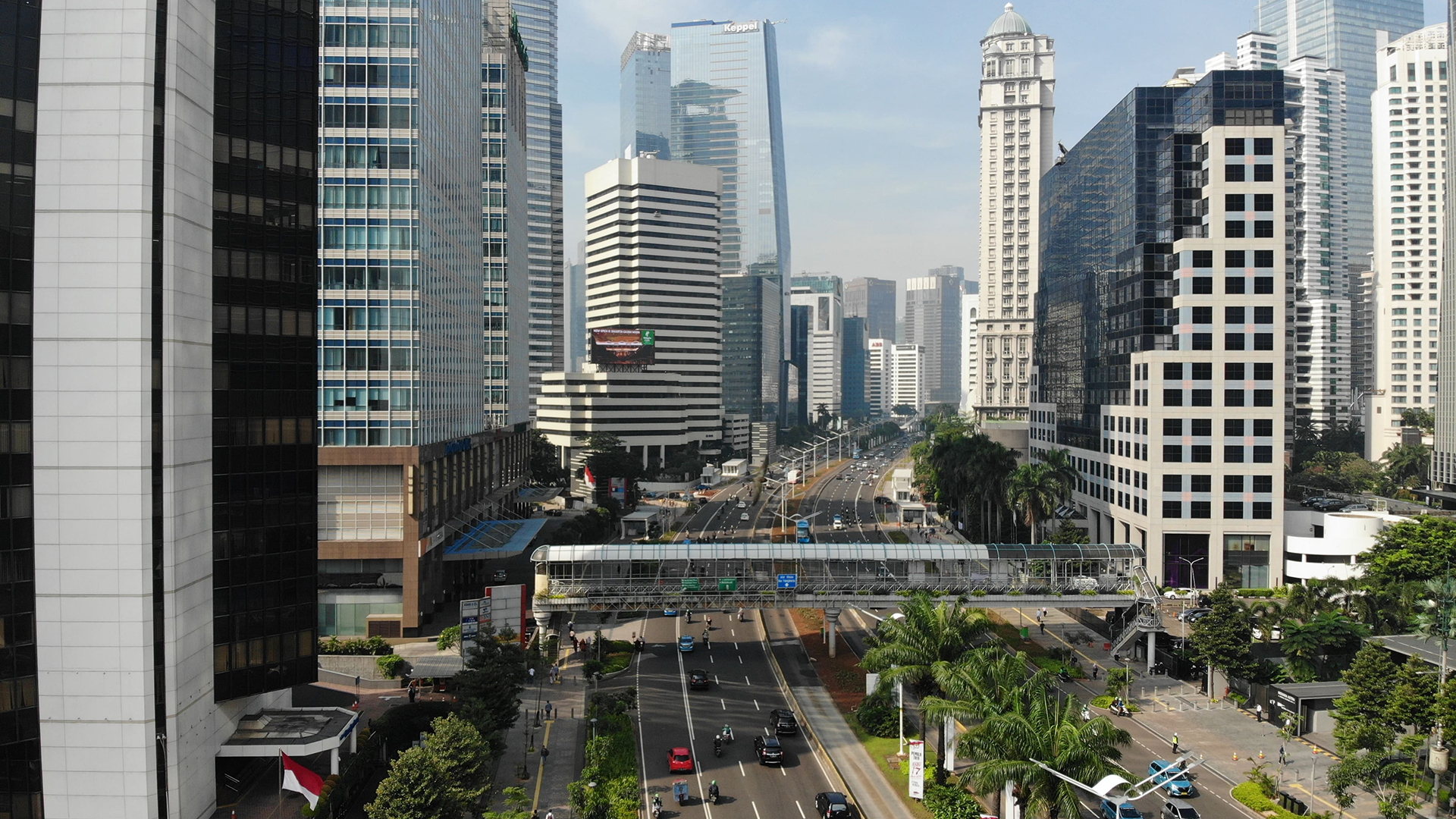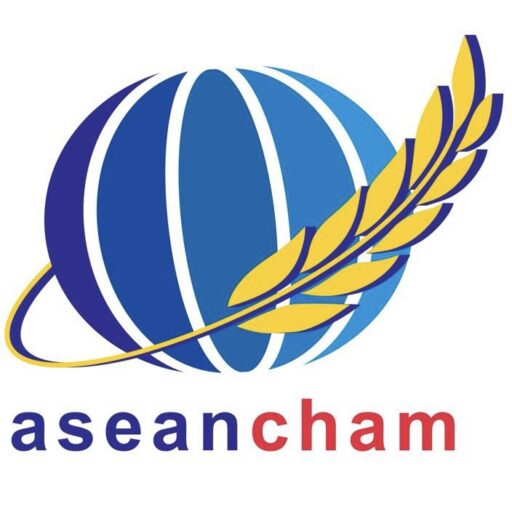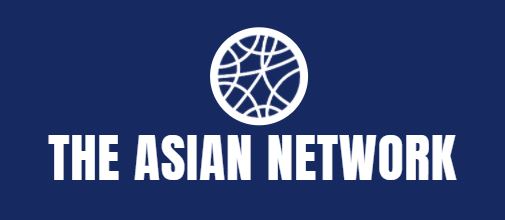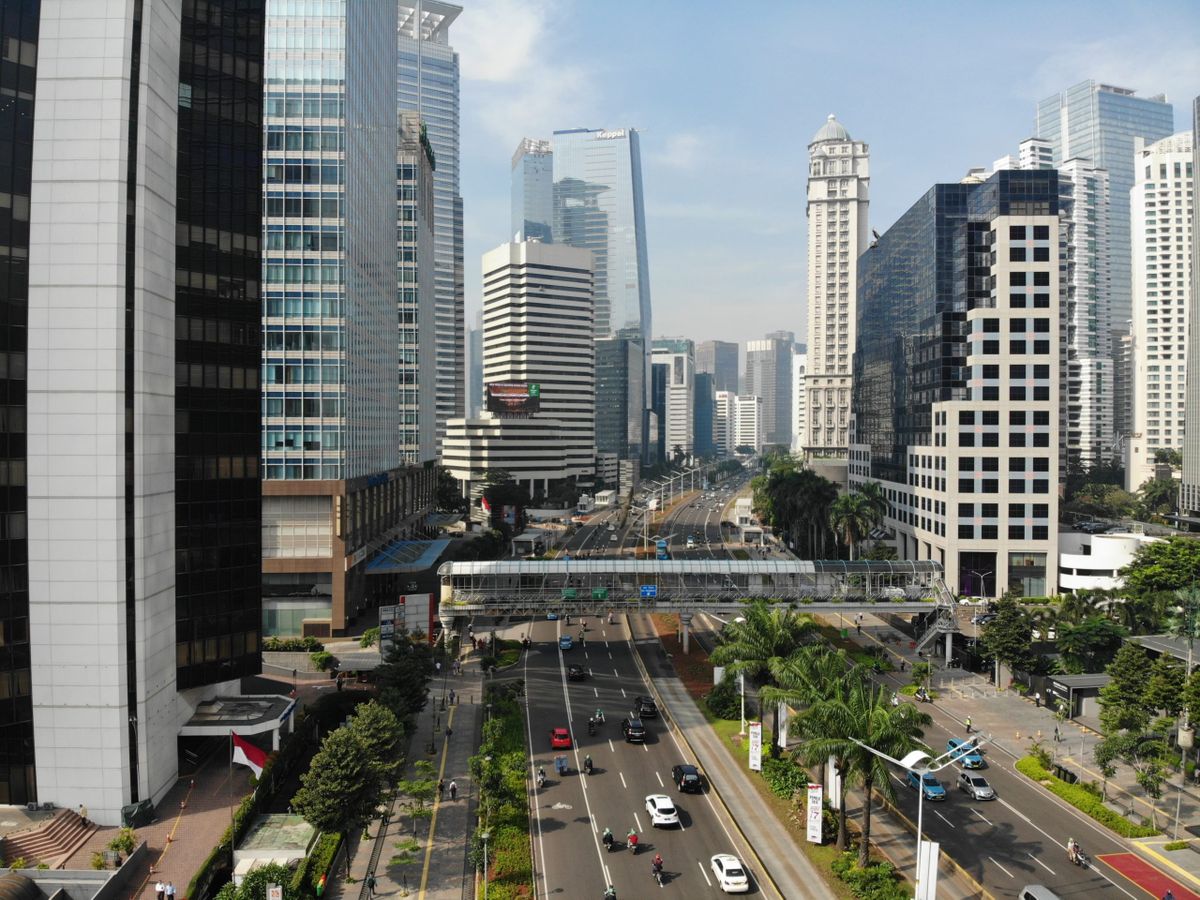
What happened?
In a world marked by climate change and geopolitical shifts, it is time to recalibrate the European Union’s relationship with the Association of Southeast Asian Nations (ASEAN) and make it fit for the 21st century. Europe must abandon its self-perceived role as a one-sided knowledge provider and come to fully understand its mutual dependency on and the global impact of ASEAN. Learning from past mistakes means moving away from the ‘Western norm’ as the unequivocal ideal. One of the biggest and consistently overlooked opportunities is that of what the EU can learn from ASEAN’s functioning as a regional organisation with such an immensely diverse range of member states.
In that spirit, the themes of Friends of Europe’s first-ever EU-ASEAN Forum focused on multilateralism, trade and digital economy to explore one central question: what can the EU learn from the ASEAN experience, and how can we attain a more equal relationship between the two regions?
Additional overarching questions addressed included:
- What can the EU and ASEAN learn from one another in how each approaches and adjusts to the digitalisation of the global economy and their domestic economies and societies?
- Following the momentum created by the EU-ASEAN Commemorative Summit in December 2022, how do we make sure ASEAN and the EU keep each other on their agenda and continue to strengthen both region-to-region and bilateral relations in the years to come?
This event took place in Brussels and was available to a wider audience via livestream. Follow us on Twitter, LinkedIn, or Instagram, and join the #EUASEANForum!
Related content:
- #CriticalThinking │Navigating the intricate yet promising alliance between the EU and ASEAN
- #CriticalThinking │ The ASEAN and EU relationship: a shared present and future?
- #CriticalThinking │ Building an inclusive global digital trade architecture
- Event │ Global Europe: bridging investment and sustainable development
Our events include photos, audio and video recording that we might use for promotional purposes. By registering, you give your permission to use your image. Should you have any questions, please contact us.
PHOTO CREDIT: Afif Ramdhasuma/Unsplash
Schedule
After 45 years of relations, both the EU and ASEAN are taking the next steps to deepen interregional trade and cooperation, but progress has not come without its impediments. For the EU, its linkage of trade with its core social, environmental and political values means that free trade agreements (FTAs) are not just about jobs and economic growth, but sustainable development, social inclusion, society, security and political stability. Whilst unproblematic at first glance, the EU’s latest laws and regulations have revealed how the EU acts on these values and exposed the hurdles that they can create. So far, the implementation of shared values into shared standards has paused negotiations on more than one trade agreement between the two regions.
Although negotiations for the EU-Indonesia and EU-Thailand FTAs are now back on, with hopeful estimates suggesting a conclusion of negotiations by the end of 2024 and 2025 respectively, the issue of standards continues to be of great concern. The approval of the EU Deforestation Regulation (EUDR) in April of this year, as well as ongoing uncertainties about the impacts of the EU’s Carbon Border Adjustment Mechanism (CBAM), are but two examples of the miscommunication and misalignment that burden the trade relationship between the EU and ASEAN and hamper their mutual pursuit of deeper trade relations and sustainability.
- How can the concerns and demands of ASEAN countries be better aligned with EU regulations that affect trade between the two regions?
- What role can industry and private sector actors play in advancing negotiations?
- What is necessary, concretely, for the EU and ASEAN countries to meaningfully move forward on the issue of standards? Are bilateral FTA negotiations the right platform to resolve this issue or should standards be tackled at the supranational level?
- What would significant progress in cooperation between the EU and ASEAN mean for the EU’s quest for strategic autonomy? Can EU strategic autonomy be reached without diversifying supply chains towards ASEAN?
Moderated by
Dharmendra Kanani
Chief Operating Officer and Chief Spokesperson of Friends of Europe
Speaker
H.E. Mohd Khalid Abbasi Abdul Razak
Ambassador of Malaysia to Belgium, Luxembourg and the EU
Thananchon Rojkitikhun
Minister Counsellor of the Office of Commercial Affairs for the Royal Thai Embassy in Brussels
Leila Fernández-Stembridge
Head of the Southeast Asian Division at the European External Action Service (EEAS)
Dimitri Duong
CEO of the ASEAN Chamber to the EU
Reinhold Elges
Director of the GIZ Representation in Brussels
Di-Ting Shih
Managing Director at CPF Europe
The digital transition is a top priority for governments around the world and it is no less so for ASEAN and the EU. Immense progress is being made, but if states in the regions are to reach their goals and reap the benefits of a digital economy and society, more is needed. Moreover, in an increasingly tumultuous world, the digital transition must not only enhance economic productivity and increase citizens’ access to digital and information technologies, but it must also make economies more resilient, improve industry competitiveness and enhance security. No recent crisis has highlighted these needs more than the COVID-19 pandemic.
The EU Strategy for Cooperation in the Indo-Pacific, issued in 2021, listed the need for strengthened links between Europe and the Indo-Pacific region as one of its priority areas, with the aim of adequately supporting partner countries in bridging the digital divide and further integrating into the global digital ecosystem. At the same time, some countries in ASEAN are lengths ahead of the EU in their rollout of digital ecosystems and digital payment systems are more ubiquitous and accessible than in most EU member states. If the EU and ASEAN are to cooperate fruitfully in pursuit of this common digital transition, issues of incompatible industry standards, inadequate financing and soft barriers to trade and investment need to be addressed.
- Why has the EU been so slow to adopt similar technologies to digital payment systems and what can be learned from ASEAN in this regard?
- How can the EU and ASEAN work together to create common standards for a digital economic system that promotes values of equality, democracy, entrepreneurship and environmental protection?
- How can private sector actors across both regions be better incentivised to take their corporate social responsibility and invest in people-oriented solutions that drive the digital transition? What have been success stories in the EU and ASEAN in this regard?
Moderated by
Dharmendra Kanani
Chief Operating Officer and Chief Spokesperson of Friends of Europe
Speaker
Zrinka Reisinger
Head of Sector responsible for Asia and Pacific regions for DG CONNECT
Asrulnizam Addrus
Consul of the Malaysian Industrial Development Authority (MIDA)
Ravindra Ngo
Founder and CEO of The Asian Network
Alessandro Gropelli
Deputy Director General of European Telecommunications Network Operators’ Association
Dr Cristina Vanberghen
Senior Expert at the European Commission, Professor (Fellow) at the European University Institute and Florence Member at McGill University's Centre for Intellectual Property Policy
Speakers
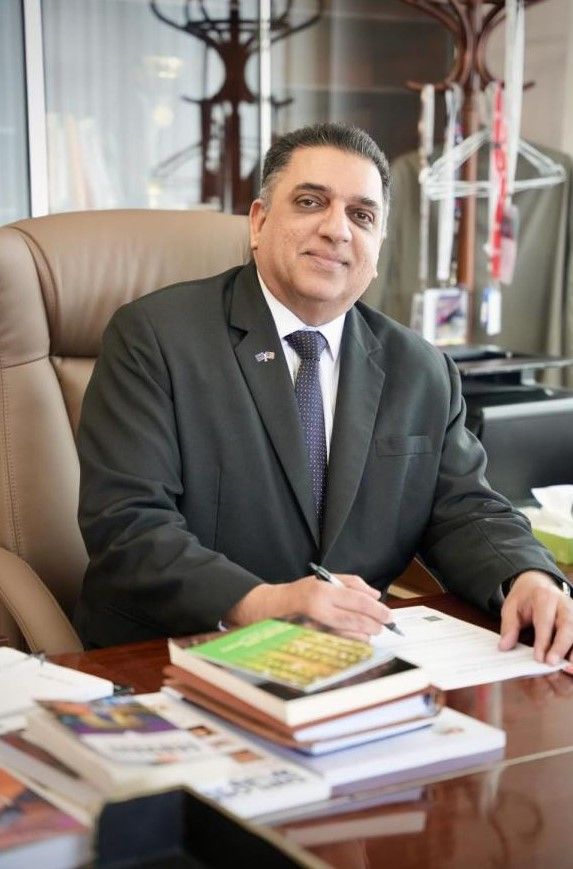
Ambassador of Malaysia to Belgium, Luxembourg and the EU
H.E. Mohd Khalid Abbasi Abdul Razak is a seasoned diplomat with a career spanning nearly three decades and covering multiple regions. Previously, he was the Undersecretary of the Europe Division at the Ministry of Foreign Affairs of Malaysia (MFA). His tenure as Consul General in Karachi, and later in Jeddah, underscored his leadership ability to foster robust bilateral relationships and promote Malaysia’s interests on the global stage. He was also previously appointed as Ambassador of Malaysia to Argentina, where he played a pivotal role in enhancing bilateral ties and promoting mutual cooperation across diverse sectors.
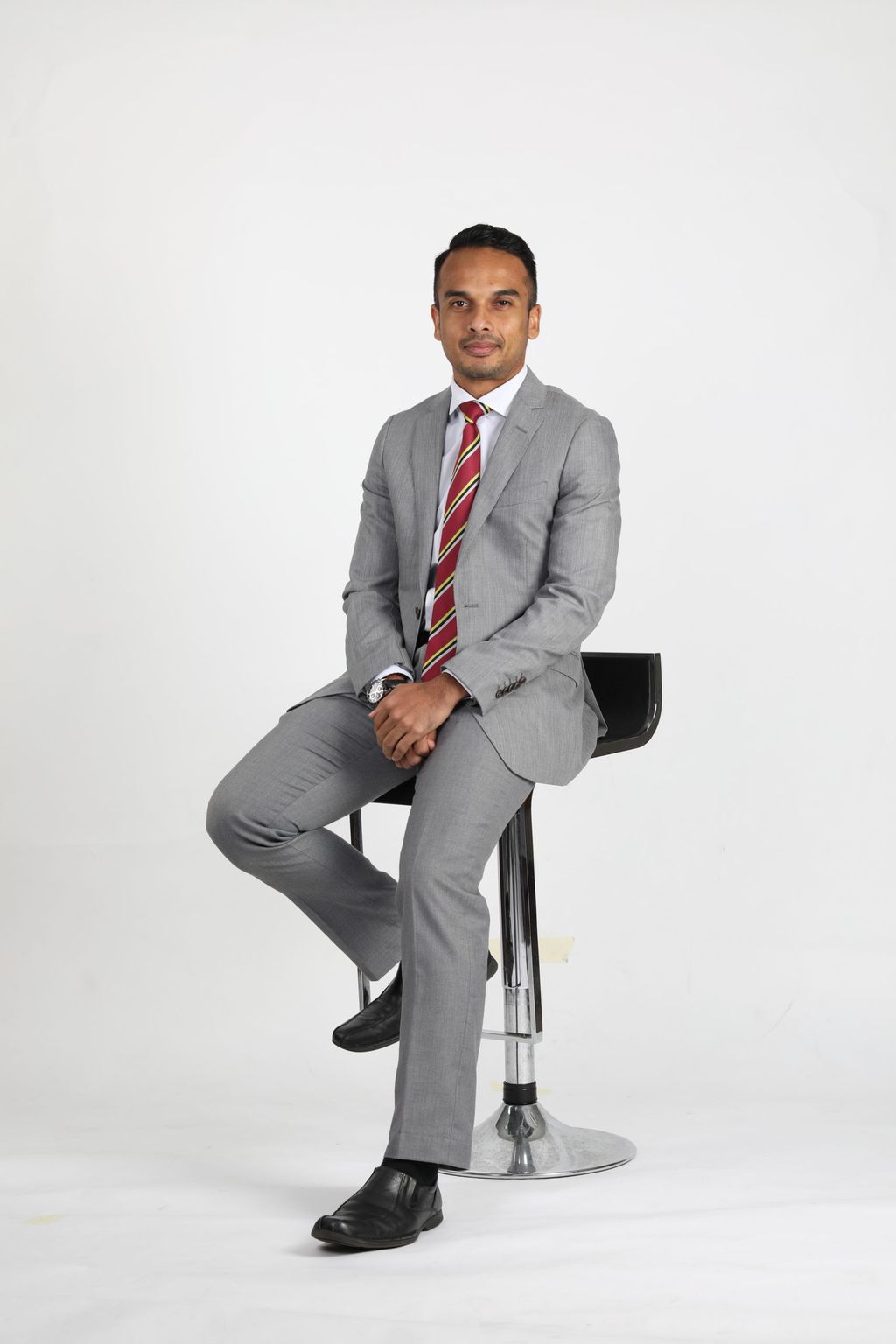
Consul of the Malaysian Industrial Development Authority (MIDA)
As the Director of MIDA Frankfurt office, Asrulnizam Addrus is responsible for promoting Malaysia as the prime destination for foreign direct investment (FDI). Addrus has dedicated his career to facilitating the expansion of businesses into Malaysia as well as formulating new strategies, policies and incentive packages for industry stakeholders. He and his team in Frankfurt are also responsible for intensifying MIDA’s efforts to position Malaysia as a competitive investment destination in the global marketplace, contributing to the nation’s prosperity and development.
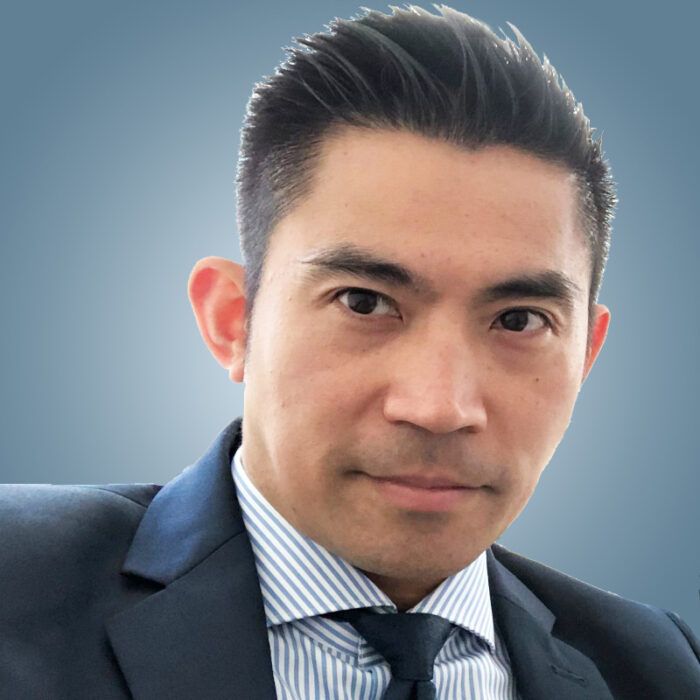
CEO of the ASEAN Chamber to the EU
Dimitri Duong currently serves as the Chief Executive Officer of the ASEANcham-EU, the premier accredited Chamber of Commerce & Industry based in Brussels for ASEAN companies with interests in the EU and Europe. Duong began his career with international companies such as Toshiba and Fujitsu-Siemens. He also worked in the aviation industry as VP Sales, which led him to develop different projects in ASEAN. He later worked in the public sector for a regional trade agency of Belgium, and was in charge of the ASEAN region where he developed economic projects, institutional cooperation and led several trade missions.
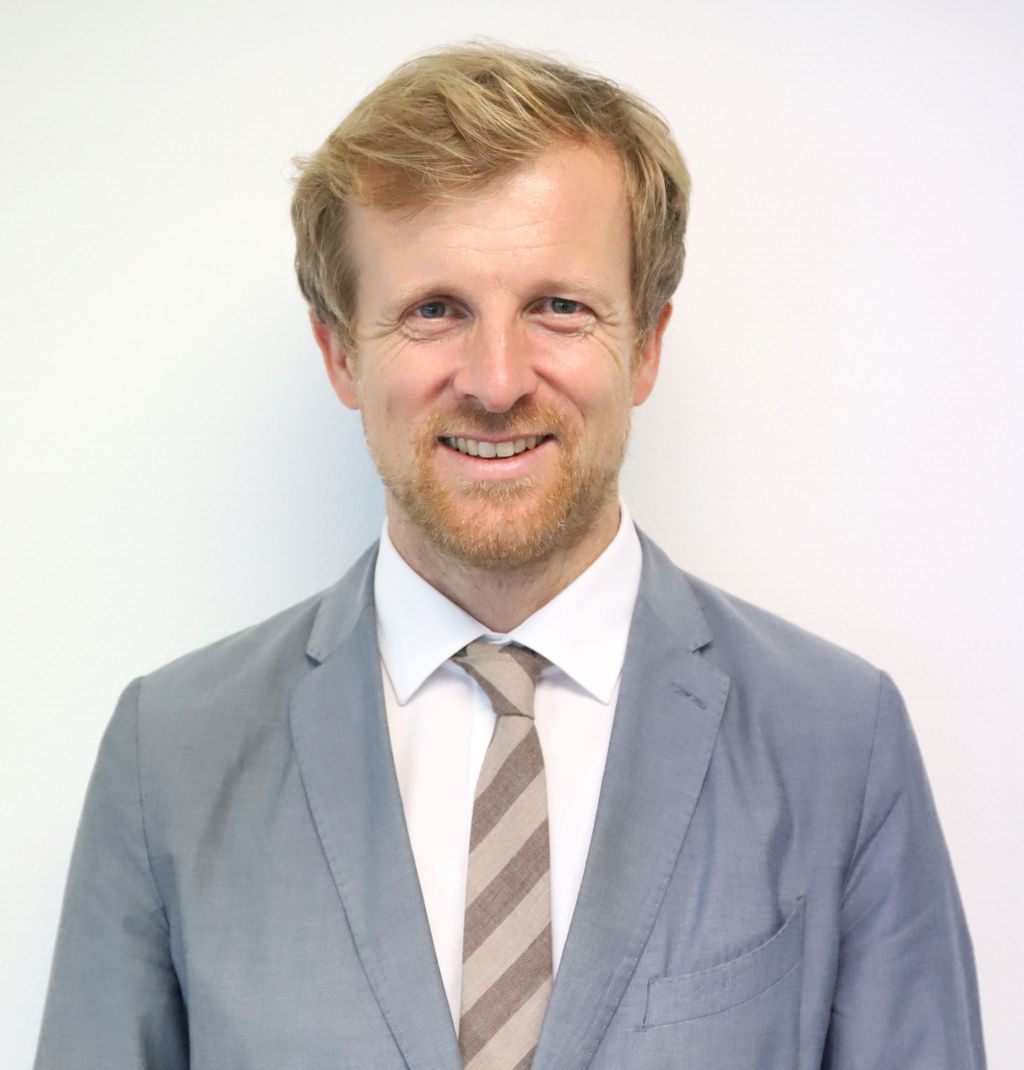
Director of the GIZ Representation in Brussels
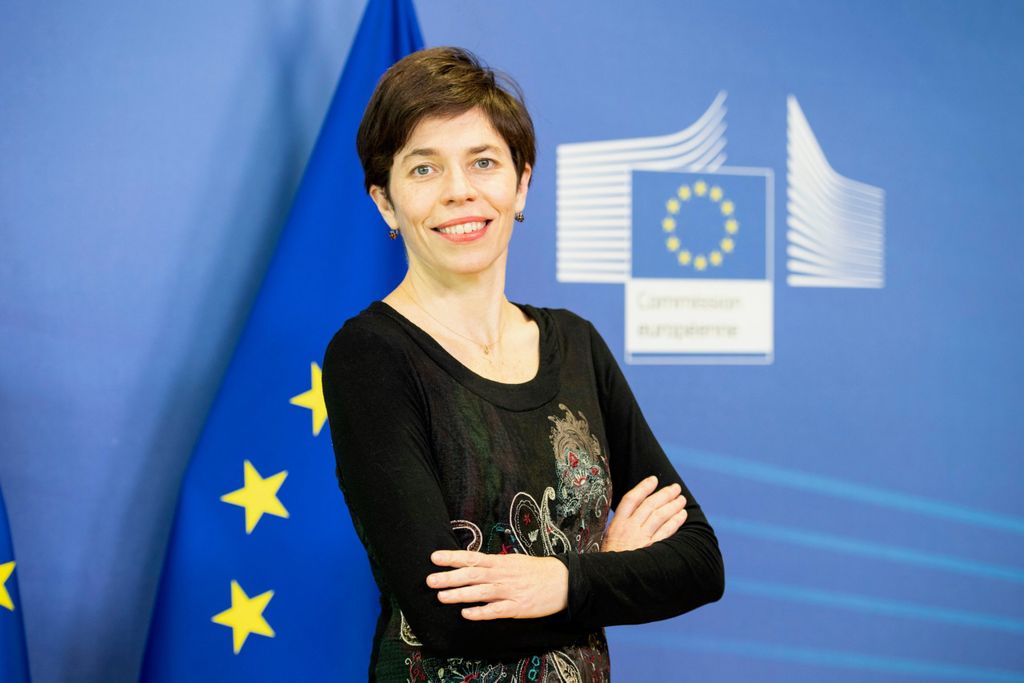
Head of the Southeast Asian Division at the European External Action Service (EEAS)
Leila Fernández-Stembridge was Member of the Cabinet of High Representative and Vice-President Josep Borrell and was in charge of the Asia Pacific Region. Previously, Fernández-Stembridge worked at the European Commission’s DG ECFIN, where she was Deputy Head of ECFIN’s Communication and Inter-Institutional Relations Unit. She was also team leader for structural reforms in Greece and in Cyprus during the financial crisis. Prior, Fernández-Stembridge was based in Beijing, working as project manager in a trade programme between the Chinese Ministry of Commerce and the European Commission, and also at the EU Delegation, as a trade and economic advisor.

Deputy Director General of European Telecommunications Network Operators’ Association
Alessandro Gropelli leads strategy and communications at the European Telecommunications Network Operators’ Association in his role as Deputy Director General. He is an expert on tech policy and the geopolitics of tech, as well as sustainability in ICT. Previously, Gropelli was European affairs advisor at Vodafone Group and vice-Chairman of the m-commerce Working Group of mobile operators’ association GSMA Europe. He has also worked in the Brussels team of Telecom Italia and as a public relations officer at the European Parliament. Gropelli is currently serving as board member and treasurer of GeSI, the Global Enabling Sustainability Initiative.
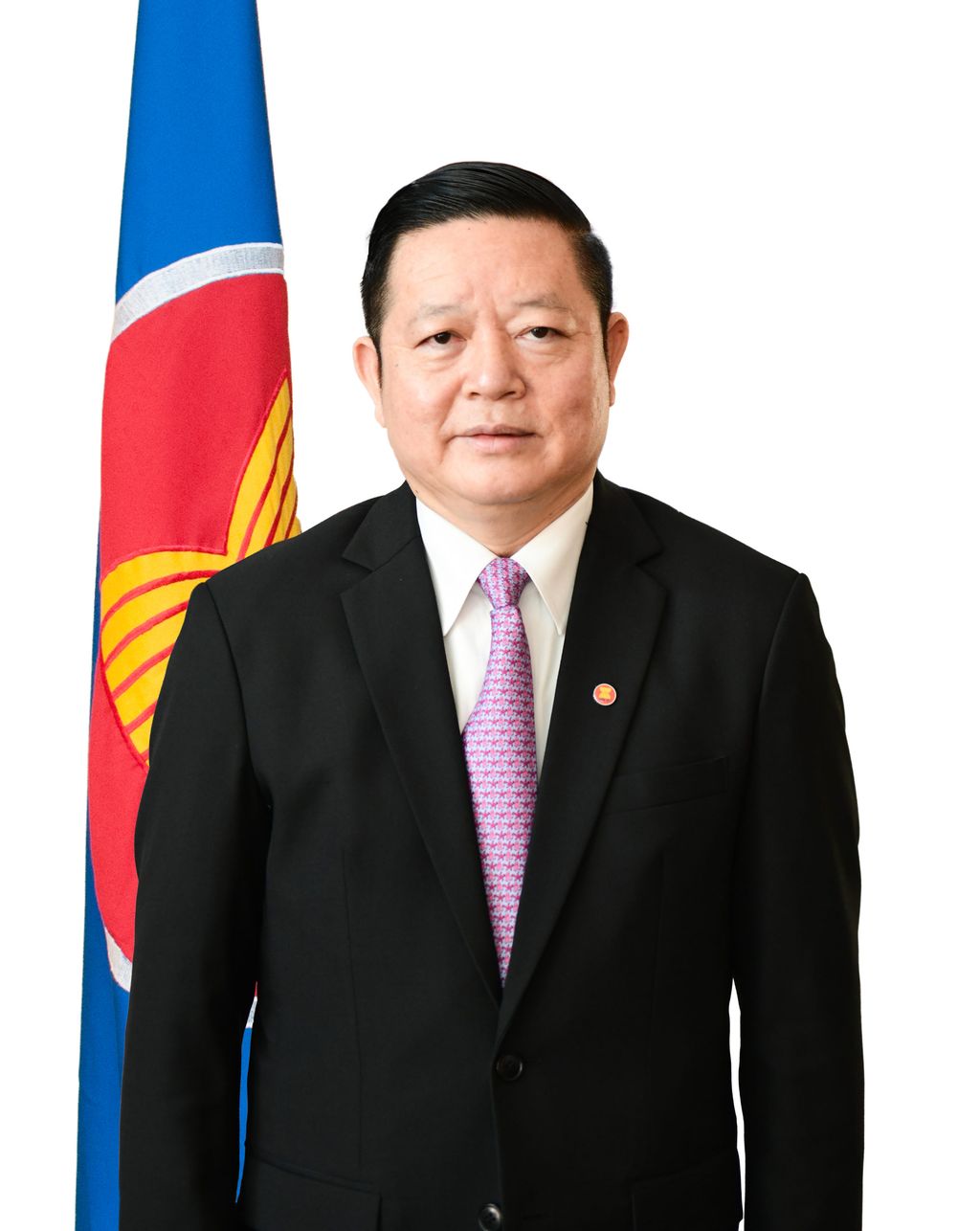
Secretary General of ASEAN
Dr. Kao Kim Hourn is a prominent figure in Cambodian international relations, notably within ASEAN. He served as minister delegate to the Prime Minister of Cambodia for two terms and is a prolific author on Cambodia and ASEAN. Dr. Kao is affiliated with various esteemed organisations, including the Supreme National Economic Council and The Asia Society. He founded The University of Cambodia in 2003 and holds multiple honorary doctorates. Recognised for his contributions, Dr. Kao received prestigious awards and titles, including the Honorary Title of ‘Guest Professor’ from Zhengzhou University.
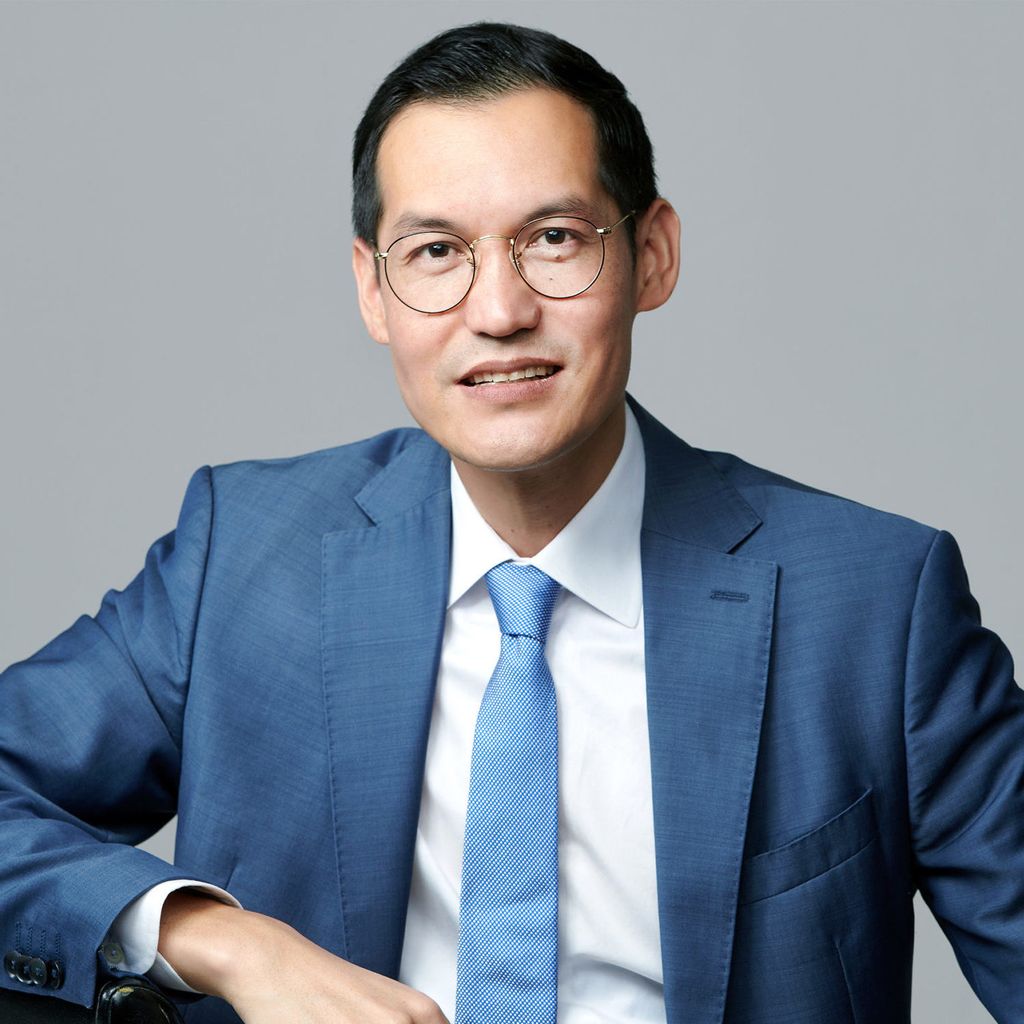
Founder and CEO of The Asian Network
Ravindra Ngo is actively engaged in organisations and initiatives that promote sustainable development and economic growth in the ASEAN region. He is the founder and CEO of The Asian Network, a community mainly composed of 550+ members across 25 Asian countries including government officials, C-level positions, high net worth Individuals, entrepreneurs, academics, and Ivy League alumni & young leaders. In addition to writing articles for the World Economic Forum, Ngo is also a regular speaker at conferences and events and is often sought out for his expert opinion by different media outlets. In 2020, he was selected by the World Economic Forum in their ‘ASEAN Expert’ Network.

Head of Sector responsible for Asia and Pacific regions for DG CONNECT
Zrinka Reisinger is the Head of Sector for Asia-Pacific at the Policy Outreach and International Affairs Unit at DG Connect, European Commission. Reisinger began her career in the Commission in the area of electronic communications policies. Later, she moved to interinstitutional relations where she worked as political assistant to Director for Policy, Strategy and Outreach in DG CONNECT. Prior to working in the European Commission, Reisinger worked for three years in the European Parliament and has five years of experience in multinational law firms.
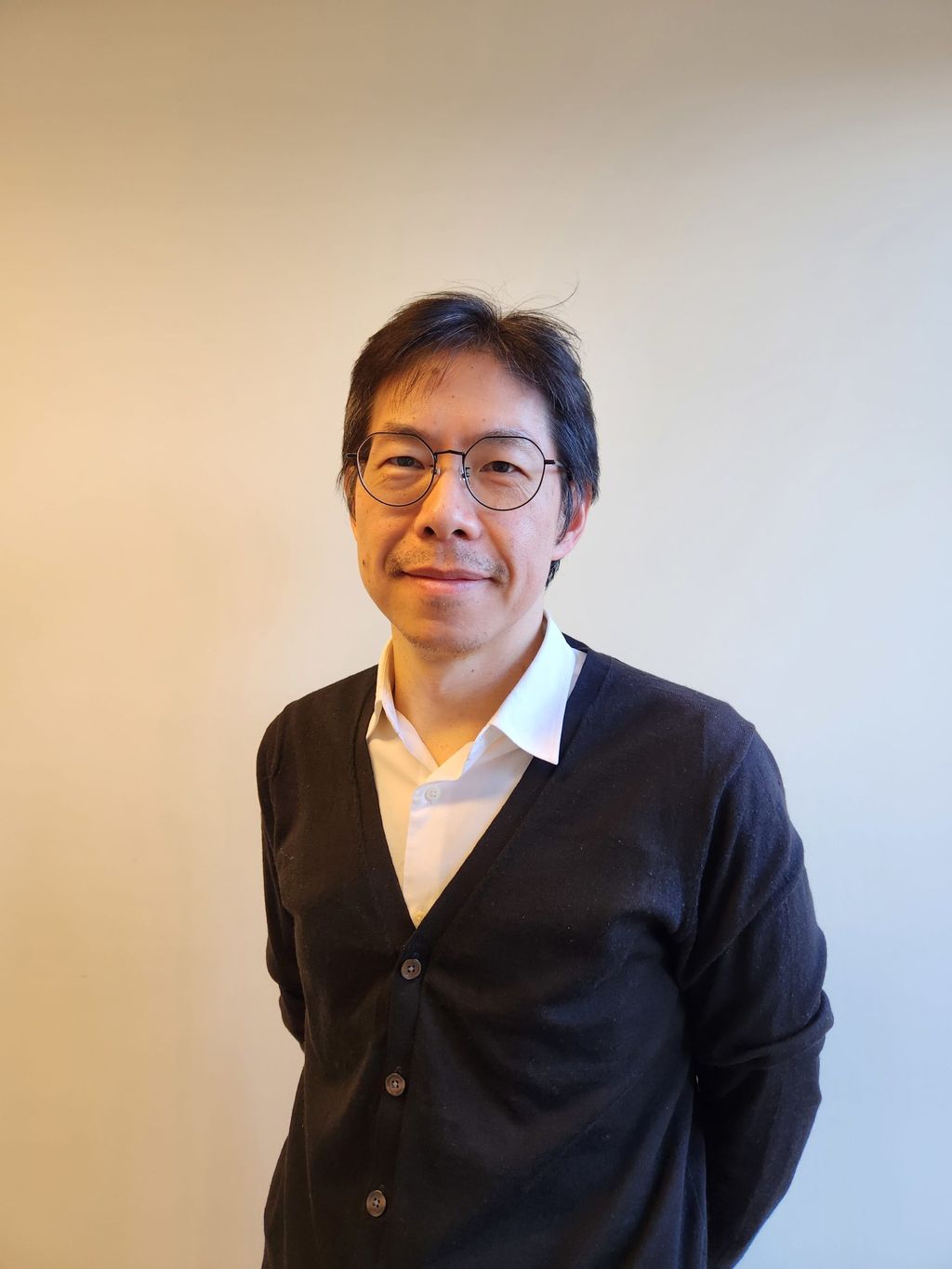
Minister Counsellor of the Office of Commercial Affairs for the Royal Thai Embassy in Brussels
Thananchon Rojkitikhun is a seasoned diplomat and trade expert currently serving as Minister Counsellor at the Office of Commercial Affairs, Royal Thai Embassy in Brussels. With over a decade of experience, he has spearheaded trade negotiations at the Department of Trade Negotiations, Ministry of Commerce, engaging with bodies like the WTO and ASEAN FTAs. He excels in analysing trade policies and fostering public-private collaboration for enhancing Thailand’s global competitiveness.
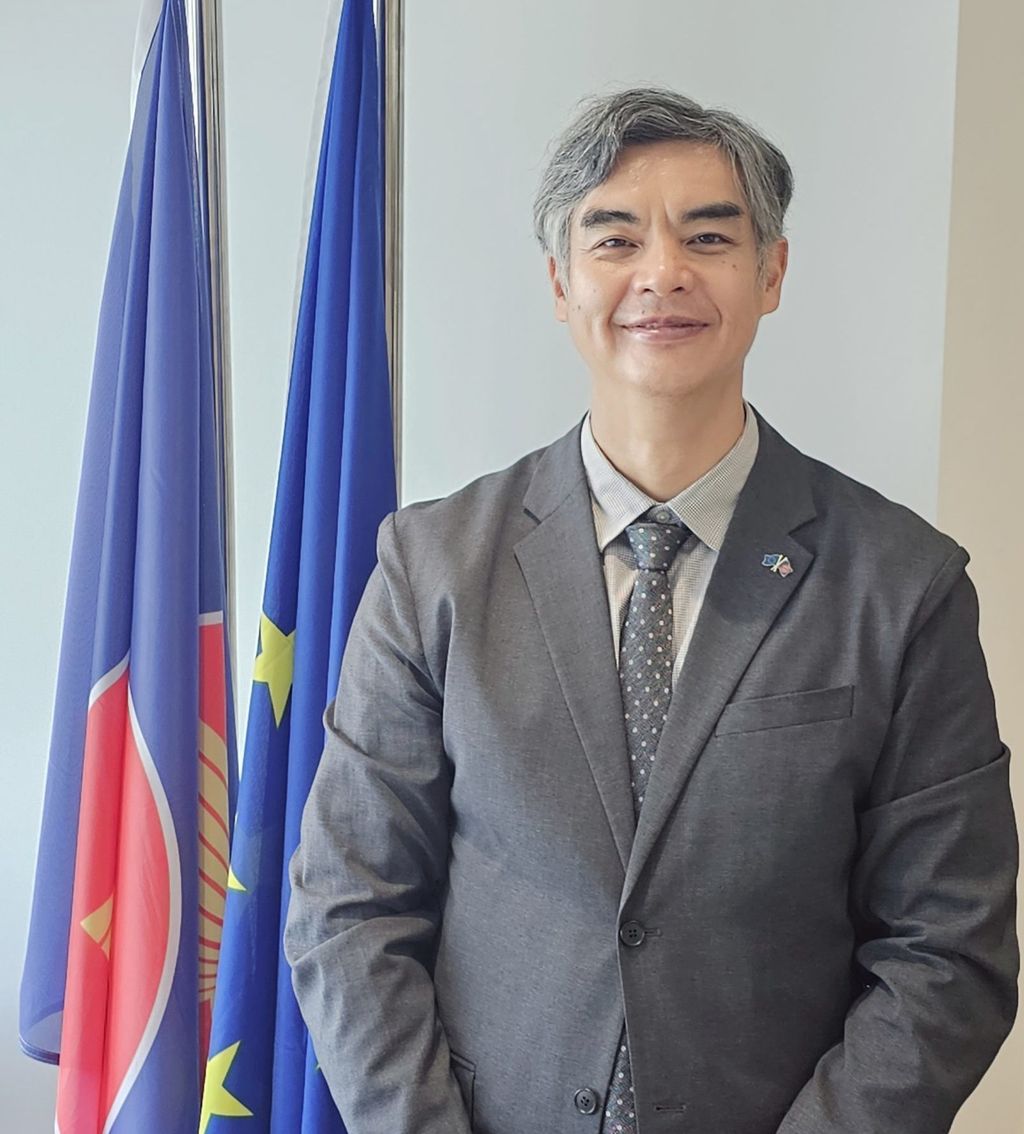
Ambassador of the European Union to ASEAN
With a diverse professional background, H.E. Sujiro Seam has served as the Ambassador of the European Union to ASEAN in Jakarta, Indonesia, and to the Pacific in Suva, Fiji. Prior roles include Ambassador of France to Fiji, Kiribati, Nauru, Tonga and Tuvalu, Consul General of France in Houston, US, and various roles within the French Ministry of Foreign Affairs. Ambassador Seam has also made significant contributions within the French Ministry of Foreign Affairs, at the Permanent Representation of France to the EU, and with the European Commission.
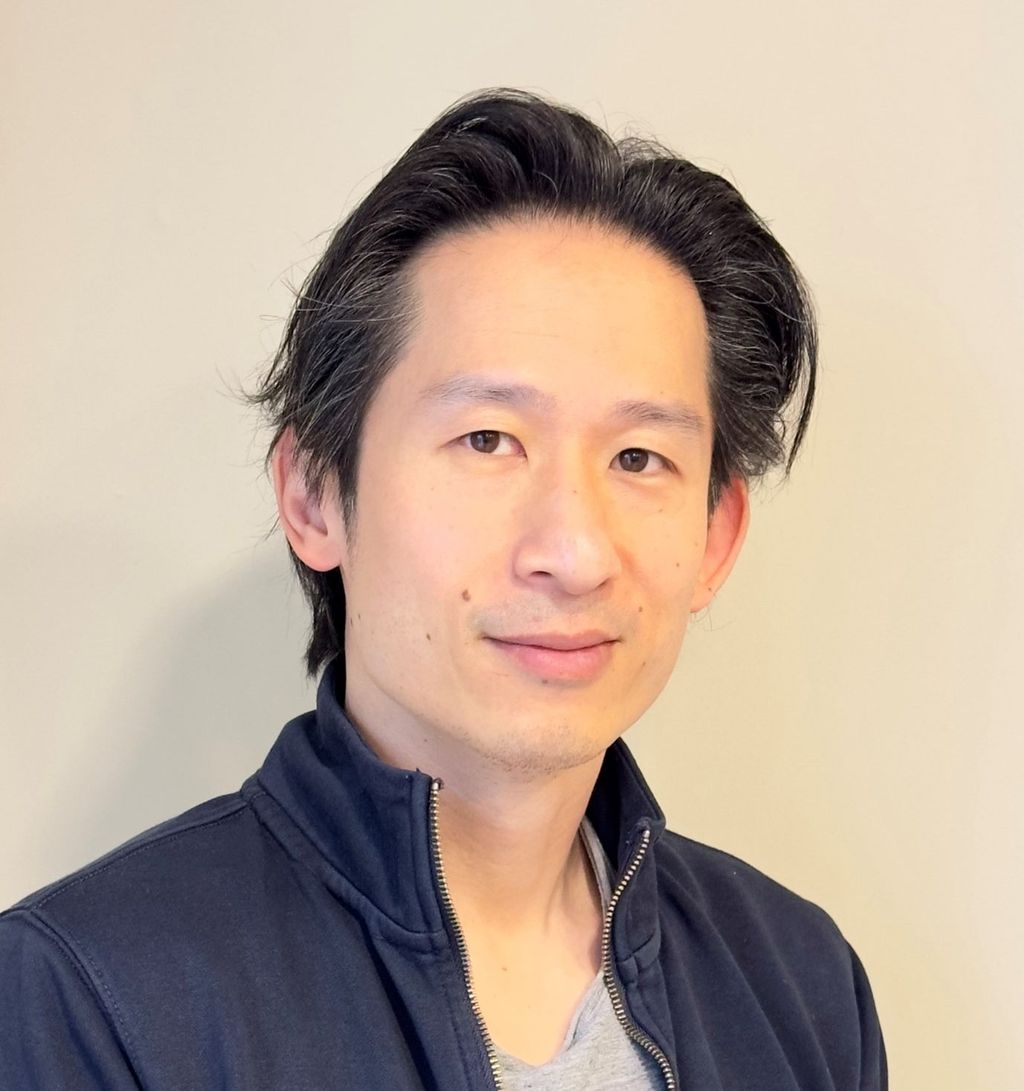
Managing Director at CPF Europe
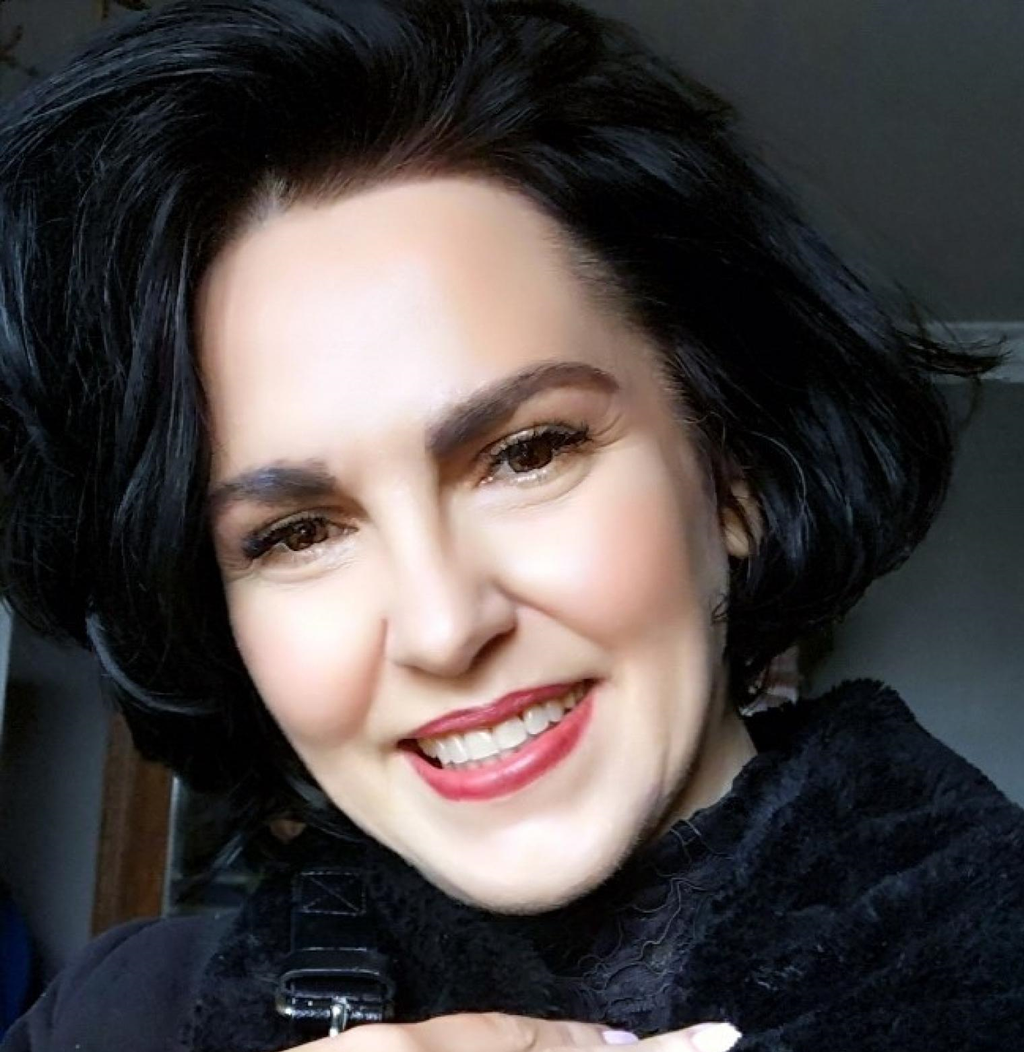
Senior Expert at the European Commission, Professor (Fellow) at the European University Institute and Florence Member at McGill University's Centre for Intellectual Property Policy
An expert in digitalisation, AI, consumer policy and cybersecurity, Cristina Vanberghen is an academic and political commentator, now based at the EUI in Florence, where she focuses on the geopolitics of digitalisation and EU digital law. She also works as an expert with the European Commission. Notably, Vanberghen has received EEAS recognition for her pivotal role in advancing digital diplomacy within the frameworks of the G20. She has also made impactful interventions as a speaker on the Comparative Aspects of Digitalisation between Europe and the Indo-Pacific Region at the EUI and as a speaker at the 2024 “Scholars Programme on EU-ASEAN Relations” (SPEAR), organised by the Delegation of the European Union to ASEAN. Her extensive travels throughout Asia, including ASEAN countries underscore her commitment to fostering international dialogue and cooperation. Previously, Vanberghen has also served as a diplomat at the Romanian Ministry of Foreign Affairs.
Knowledge Partners
Activities
Europe-China Forum
Next event In person & livestreamed

- Area of Expertise
- Global Europe
Trading tariffs and trade as a geopolitical tool
Past event

- Area of Expertise
- Global Europe
From aid to investment: shaping Europe's global role in a changing world
Past event Online

- Area of Expertise
- Global Europe
Future Africa-Europe High-Level Forum
Past event IN PERSON & ONLINE

- Area of Expertise
- Global Europe
Trump's betrayal of the world's poor is Europe's opportunity
- Category
- Frankly Speaking
- Author
- By Giles Merritt
Policy Voices | #Throwback: UNRWA’s Jonathan Fowler on Gaza: “It is a…
- Category
- Podcast
- Area of Expertise
- Global Europe
DRIVE Impact Initiative final report
- Category
- Event Reports
- Area of Expertise
- Global Europe
Europe’s blackouts call for a NATO-level response
- Category
- #CriticalThinking
- Author
- By Maurizio Geri

- Area of Expertise
- Global Europe

- Area of Expertise
- Global Europe

- Area of Expertise
- Global Europe

- Area of Expertise
- Democracy
Continue
the debate on
- Debating Europe
